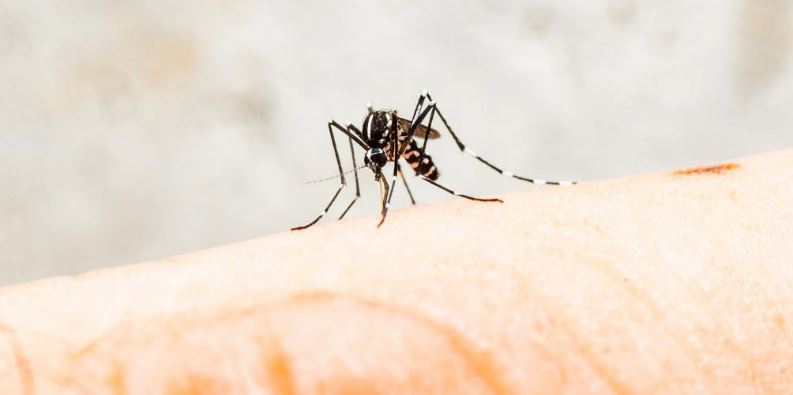This article comes from “naturalnews.com”
In a trial study funded by the National Institutes of Health (NIH), researchers looked at how genetically modified (GM) mosquitoes could be used to vaccinate humans against malaria.
Details of the study, which was conducted by researchers from the University of Washington led by Dr. Sean Murphy, were published in the journal Science Translational Medicine.
Kim Iversen, host of “The Kim Iversen Show,” is skeptical about the real purpose of these GM mosquitoes because they could easily be used to vaccinate people without their consent.
For the study, scientists genetically altered the malaria-causing Plasmodium falciparum parasite by removing several genes to create a “minor version of malaria” that can’t cause sickness in humans.
They exposed as many as 200 mosquitoes to the parasite before allowing the insects to bite each volunteer three to five times over a 30-day period. The scientists said this would be enough to stimulate the production of antibodies that could last up to six months.
Murphy and his fellow researchers reported that they decided to use mosquitoes instead of syringes to save cost. They also claimed that they had no plans to use the technology to mass vaccinate millions of people without their knowledge.
According to the Centers for Disease Control and Prevention (CDC), “infections caused by P. falciparum are the most likely to progress to severe, potentially fatal forms” of malaria.
Recorded adverse reactions in trial participants were allegedly “what one would expect after getting bit by hundreds of mosquitoes and nothing more.” But one of the trial participants named Carolina Reid said her entire forearm “swelled and blistered.”
Despite the study’s mixed results, the researchers insist that the results support the “further development of genetically attenuated sporozoites as potential malaria vaccines.”
The researchers explained that they used live mosquitoes instead of a vaccine that could be delivered via a syringe because “the use of live insects made sense” since the P. falciparum parasite quickly matures inside the mosquito.
They added that the process of developing a version of the parasite that could be delivered via a syringe was “costly and time-consuming.” On the other hand, they think that the unusual approach they used can contribute to the development of a “substantially more effective” malaria vaccine.
As of writing, only one malaria vaccine is in use. The RTS,S vaccine produced by GlaxoSmithKline was approved by the World Health Organization (WHO) in October 2021. However, the RTS,S vaccine only has an efficacy rate of 30 to 40 percent.
Dr. Kirsten Lyke, a vaccine researcher at the University of Maryland, said the use of a genetically modified live parasite as a vaccine is “a total game changer.”
Sanaria, a company funded in part by the Bill & Melinda Gates Foundation (BMGF), is closely tied to the research. The scientists who conducted the trial used a gene-editing technology heavily promoted by Bill Gates. (Related: CLAIM: Malaria outbreak may have been caused by Bill Gates project that released GMO mosquitoes in Florida last year.)
Invasive method could be used for something suspicious
Iversen has voiced her skepticism, warning that it’s highly likely that the invasive method could be used for something suspicious. She wanted to know what exactly the research is going to be used for, such as the government potentially buying a batch of genetically modified mosquitoes and releasing it to an unwitting population.
The host also had questions about the mosquitoes, which could easily get inside crates and be shipped around the world and to various locations.
Lyke led the Phase 1 trials for the Pfizer/BioNTech Wuhan coronavirus (COVID-19) vaccine. She also served as co-investigator for Moderna’s and Novavax’s COVID-19 vaccine trials.
According to Iversen, the public should be wary because Lyke, a COVID-19 researcher, thinks the mosquito vaccine study is a “great” idea.
Iversen also hoped that the GM mosquitoes did not escape from the study into the wild, which could be hard for the scientists to track and confirm.
“If some mosquitoes were unaccounted for, how would the researchers know if they didn’t escape from the lab?” Iversen asked. She also warned that the potential escape of the mosquitoes is a scenario similar to the COVID-19 lab leak in Wuhan.
Visit BioTech.news for more articles about genetically modified mosquitoes and other dangerous experiments.
Watch the video below to learn more about Bill Gates’ mosquito depopulation plan.
